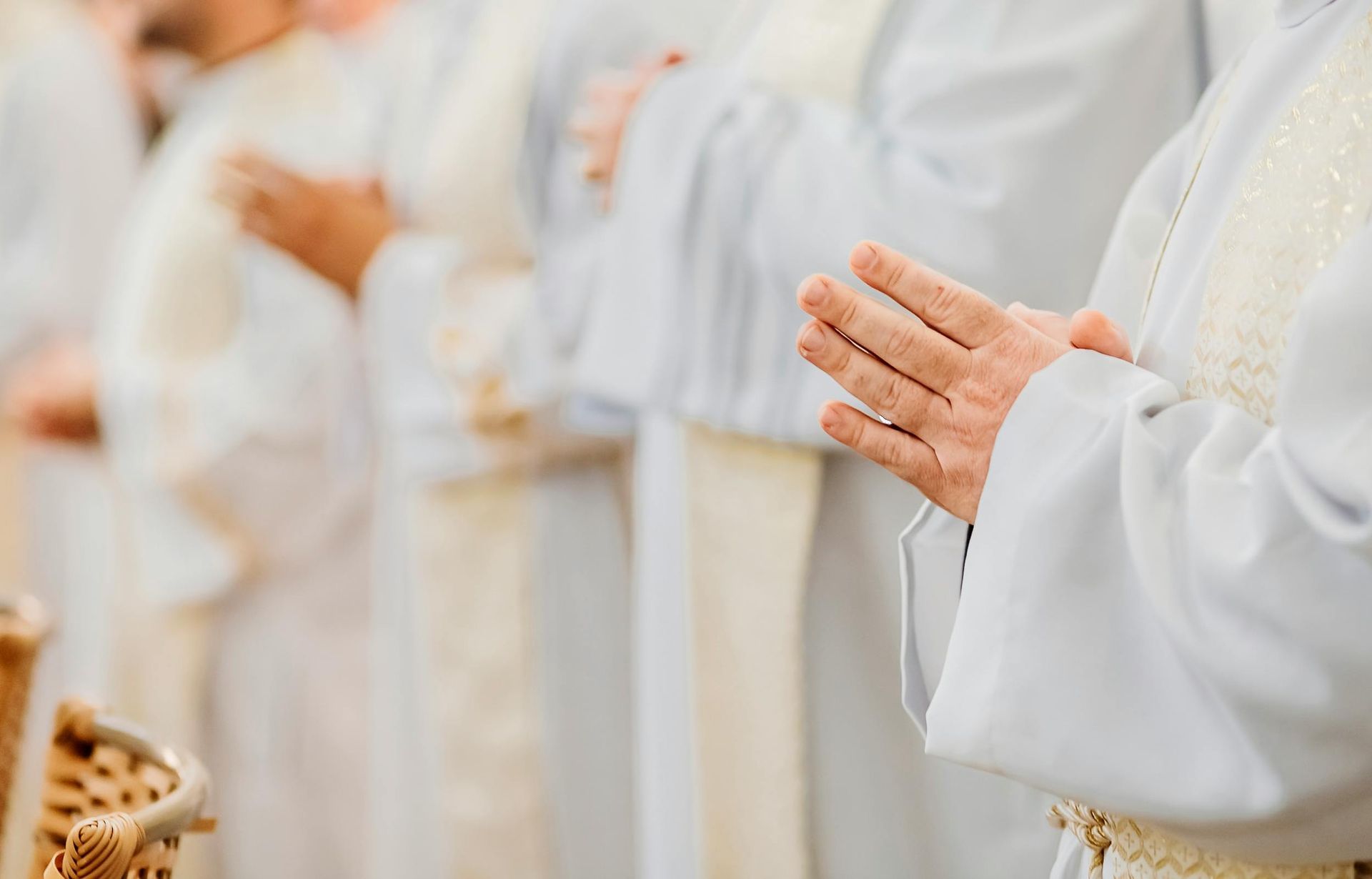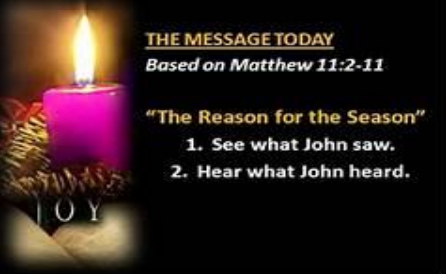Pat Collins CM reflects on the benefits of Prayer
Pat Collins CM looks at what major psychologists have had to say about the contribution of prayerful religious experience to people’s health and well-being.
A growing percentage of Irish people seem to be motivated by a personal search for wholeness. That might explain why self-help books are so popular. They inform their readers about such things as how to get in touch with their inner child, how to heal their memories, develop their creative potential and grow in self-esteem. They also explain how to foster physical well-being by means of diet, exercise, imaginative visualisation, biofeedback, relaxation exercises, etc. It is arguable, however, that the holistic self-fulfilment so many people desire will elude them until they become consciously aware of the mystery of God in their lives.
Contributions of psychology
20th century psychology conducted an important debate about the relationship between religious experience and mental health. Sigmund Freud believed that religion is a form of obsessional neurosis. He maintained that God is nothing other than an exalted father, a projection of the need for otherworldly care and protection. So, if people wanted to become psychologically healthy, they had to abandon their childish religious belief, take responsibility for their lives and learn to live in a realistic way, without the aid of this emotional crutch.
In marked contrast, Carl Jung argued that the human psyche could only be fulfilled when the individual person enjoyed a conscious awareness of the divine., He wrote: “In thirty years I have: treated many patients in the second half of life. Everyone of them became ill because he or she had lost that which the living religions in every age have given their followers (i.e. religious experience) and none of them was fully healed who did not regain his religious outlook.”
Emptiness and frustration
Viktor Frankl agreed with Jung. He felt that in modern culture a lack of prayerful religious experience left people with a vacuum, an emptiness at the centre of their lives. It caused existential frustration which he described as “the un-rewarded longing and groping of men and women for an ultimate meaning to their lives.” When people’s spirits are deprived of the oxygen of meaning, their psyches become disorientated, and they suffer from predictable neurotic problems and addictive preoccupation with things like money, power, status, and pleasure.
Abraham Maslow’s research also indicated that instead of being a sign of neurosis, as Freud had maintained, prayerful religious experience seemed to be an indication of psycho-spiritual health, and served to strengthen a sense of well-being and harmony. He believed that the power of prayerful peak-experiences “could permanently affect one’s attitude to life… It is my strong suspicion that one such experience might be able to prevent suicide and perhaps many varieties of low self-destruction such as alcoholism, drug addiction, and addiction to violence.”
Michael Argyle has shown in his Psychology and Religion that research has tended to confirm the fact that prayerful religious experience does indeed help people to enjoy better physical health. For example, he cites a study by Hummer of 21,000 responses to the American National Health Interview Survey. He concluded that on average, church-goers of 20 years of age had a life expectancy which was seven years longer than the average. Apparently, it was due to the fact that these believers enjoyed better community support and were less likely to engage in risky activities such as smoking, drinking to excess, and promiscuous sex.
Intrinsic religion
In an article entitled: ‘Religious Orientation and Psychological Well-being: The Role of the Frequency of Personal Prayer,” which was published in The British Journal of Health Psychology
, three researchers examined the effects of what Godron Allport referred to as intrinsic religion on mental health. People who have intrinsic, as opposed to extrinsic, religion are those who have internalised their faith in such a way that it influences every aspect of their everyday lives. Instead of engaging in infrequent prayer of a ritualistic kind, they spend time in regular prayer of a personal, God-centred variety. Consequently, they are more inclined to have conscious awareness of the divine, and are more likely to have higher than average levels of self-esteem together with lower than average levels of anxiety and depression. These conclusions have been confirmed by a number of other studies.
Prayer and freedom from addiction
Those who advocate the use of 12-step programs in order to overcome process and substance addictions accept that prayerful religious experience seems to be the only really effective antidote to the obsessional, frustrated self. For example, Carl Jung suggested that the alcoholic’s thirst can only be satisfied as a result of a spiritual awakening, whether sudden or gradual. There are many graphic accounts of people who had such liberating experiences. For example, Dr. Bill Wilson, one of the founders of Alcoholics Anonymous, described how he had been delivered from his destructive addiction at the age of 39. He said: “I became acutely conscious of a Presence which seemed like a veritable sea of living Spirit… For the first time I felt I really belonged. I knew that I was loved and could love in return.”
Praying for healing
By way of conclusion, it is worth mentioning that the gospels encourage Christians to pray for healing of mind and body (d. Mk 16:18), by means of intercessory prayer, the laying of hands and anointing with oil. In,-the mid1930s, Alexis Carrel, ,a Nobel prize-winner for medicine, maintained in Man the Unknown
that spiritual activities, like the ones mentioned, could bring about changes in the body. He wrote: “These organic phenomena are observed in various circumstances, among them being the state of prayer … an absorption of consciousness in the contemplation of a principle both permeating and transcending our world.”
There is a growing body of evidence to support his point of view. For example, by using the electroencephalograph, or EEG, Maxwell Cade of the Psychobiology Institute in London discovered in the 1970s that when healers were praying, they have strong alpha and theta rhythms, of seven to 13 cycles a second, in both halves of their brains. Although they are wide awake, these are the rhythms characteristic of the sleeping state. After about 15 minutes, their client’s beta rhythms of 14 to 20 cycles per second begin to mirror those of the healers, thereby bringing about the kind of deep relaxation that is conducive to recovery. So, judging by the evidence, it would be true to say that prayer is good for your health.
This article first appeared in Reality (January, 2002), a publication of the Irish Redemptorists.










